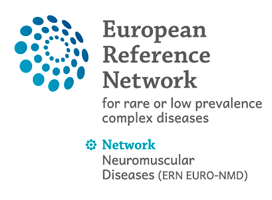12 Oct 2009
Practice parameter update: the care of the patient with amyotrophic lateral sclerosis: drug, nutritional, and respiratory therapies (an evidence-based review)
Authors:
Miller RG, Jackson CE, Kasarskis EJ, England JD, Forshew D, Johnston W, Kalra S, Katz JS, Mitsumoto H, Rosenfeld J, Shoesmith C, Strong MJ, Woolley SC; Quality Standards Subcommittee of the American Academy of Neurology.
OBJECTIVE:
To systematically review evidence bearing on the management of patients with amyotrophic lateral sclerosis (ALS).
METHODS:
The authors analyzed studies from 1998 to 2007 to update the 1999 practice parameter. Topics covered in this section include slowing disease progression, nutrition, and respiratory management for patients with ALS.
RESULTS:
The authors identified 8 Class I studies, 5 Class II studies, and 43 Class III studies in ALS. Important treatments are available for patients with ALS that are underutilized. Noninvasive ventilation (NIV), percutaneous endoscopic gastrostomy (PEG), and riluzole are particularly important and have the best evidence. More studies are needed to examine the best tests of respiratory function in ALS, as well as the optimal time for starting PEG, the impact of PEG on quality of life and survival, and the effect of vitamins and supplements on ALS.
RECOMMENDATIONS:
Riluzole should be offered to slow disease progression (Level A). PEG should be considered to stabilize weight and to prolong survival in patients with ALS (Level B). NIV should be considered to treat respiratory insufficiency in order to lengthen survival (Level B) and to slow the decline of forced vital capacity (Level B). NIV may be considered to improve quality of life (Level C) [corrected].Early initiation of NIV may increase compliance (Level C), and insufflation/exsufflation may be considered to help clear secretions (Level C).

